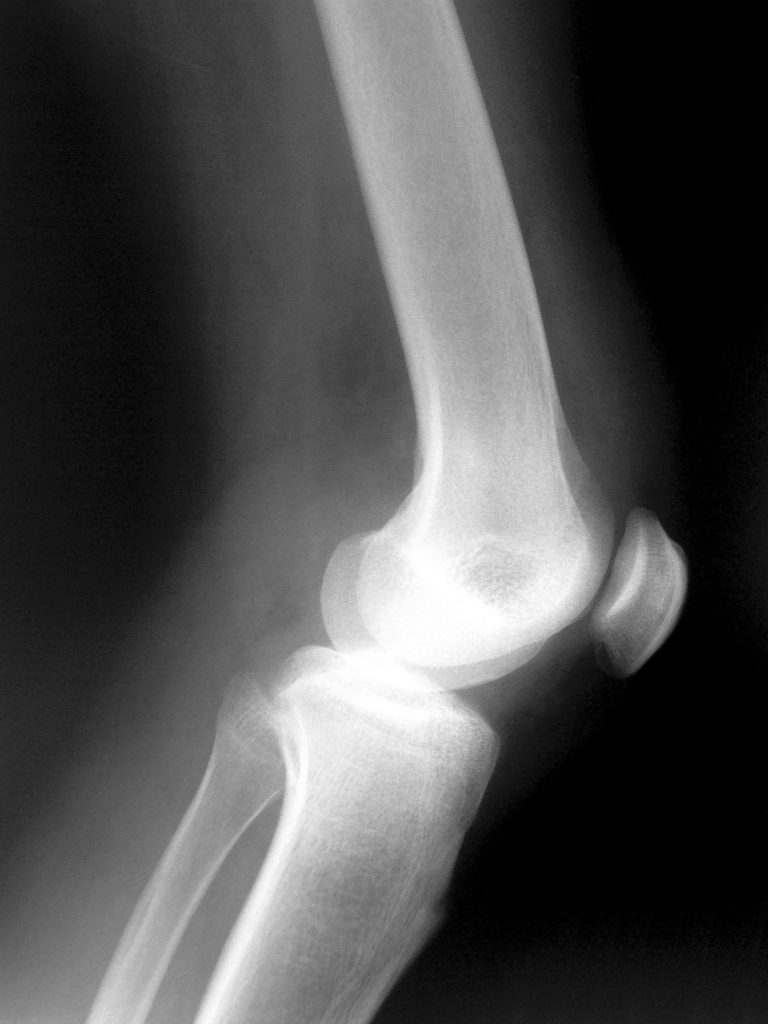
A Parish of Caddo woman, Sheila Hill, was hired by Fresenius Medical Care NA (“FMC”) to work as a dialysis technician at its facility in Bossier City. She later began to experience tingling and numbness in her arms and began to see Dr. Clint McAlister, an orthopedist. Dr. McAlister diagnosed Ms. Hill with severe bilateral carpal tunnel syndrome (“CTS”), which was caused or aggravated by her work duties. Dr. McAlister recommended release surgery. A second orthopedist, Dr. Michelle Ritter, concurred with Dr. McAlister’s diagnosis and treatment plan.
FMC accepted the claim as work-related and began paying Ms. Hill temporary total disability (“TTD”) benefits. Ms. Hill underwent two carpal tunnel release surgeries in 2012, which was performed by Dr. Michael Acurio. Dr. Acurio diagnosed Ms. Hill as suffering the degenerative joint disease of the left basilar joint along with ongoing residual CTS.
Another doctor, Dr. Eric George, reviewed Ms. Hill’s medical records and concluded that her joint pain was degenerative and unrelated to her employment. Dr. George and Dr. Ritter both concluded that Ms. Hill could return to work with modifications. FMC denied the basilar thumb arthritis was related to her employment and Ms. Hill was forced to proceed with her basilar joint surgery through her private insurance. FMC terminated the TTD benefit payments to Ms. Hill. Starting on March 17, 2013, Ms. Hill began receiving long-term disability (“LTD”) benefits at the rate of $1,352 per month under a Cigna disability plan funded entirely by FMC.
Ms. Hill filed a disputed claim for compensation wherein she asserted that as a result of her employment, she had developed severe CTS due to repetitive and cumulative activities in her occupation and became disabled. She asserted that her wage benefits were improperly terminated. FMC disputed the claims and pled the right to claim any offsets allowable by law.
At trial, the Workers’ Compensation Judge (“WCJ”) found it undisputed that Ms. Hill developed severe bilateral CTS, a compensable occupational disease, as the result of her employment. But, the WCJ found that Ms. Hill failed to prove a causal connection between her basilar joint arthritis and her employment. The WCJ found that Ms. Hill was entitled to Supplemental Earning Benefits (“SEBs”) at a weekly rate of $410.50, retroactive to March 17, 2013, due to her residual CTS. The WCJ also found that FMC was entitled to an offset pursuant to La. R.S. 23:1225 at the rate of $1,352 per month, based on Ms. Hill’s receipt of employer-funded LTD benefits.
Ms. Hill then filed a motion for a new trial on the issue of the employer-funded LTD benefits. Ms. Hill attached to her a motion a recently received letter from Cigna, which stated that she owed $17,676.10 in overpayments due to a retroactive award of Social Security Disability benefits. Ms. Hill argued that based upon this new evidence, FMC should receive no credit for the payments.
The WCJ granted the motion for new trial and again agreed that FMC was entitled to an offset in workers’ compensation payments. FMC was granted an offset based on only the benefits paid to Ms. Hill. The WCJ held that, as long as Ms. Hill retained LTD benefits received from Cigna, or at least until she agreed to or was ordered to reimburse the payments, FMC was entitled to the corresponding offset under the statute. FMC was awarded a credit for the LTD benefits in the amount of $1,352 per month from March 17, 2013 to September 1, 2014, against the SEBs of $410.59 per week Ms. Hill received. Ms. Hill appealed.
La. R.S. 23:1225 provides for a reduction of workers’ compensation benefits when an employee receives payments from an employer-funded disability plan. When an employee is receiving both workers’ compensation benefits as well as payment from an employer-funded disability plan, the employer is entitled to a credit for the benefits paid from the employer’s plan. See Holden
- International Paper Co., 720 So.2d 442 (La. Ct. App. 1998). An employer is entitled to an offset on workers’ compensation benefits limited to the amount of LTD benefits that the claimant actually received. See Mouton v. Lafayette Physical Rehab. Hosp., 114 So. 3d 626 (La. Ct. App. 2013).
On appeal, the Louisiana Second Circuit Court of Appeal affirmed the WCJ. Ms. Hill was ineligible to keep both the entire amount of SEBs mandated by Louisiana workers’ compensation law and the LTD benefits fully funded by FMC. The Second Circuit found that FMC demonstrated that it was an employer entitled to the statutory offsets. FMC offered fully funded LTD benefits for its employees and Ms. Hill improperly tried to take advantage of that plan as well as the Louisiana workers’ compensation law. The WCJ’s ruling was affirmed.
The case demonstrates how essential an excellent attorney is in all stages of workers’ compensation claims. Ms. Hill went through a change in diagnosis, which led to a confusing situation where she was improperly receiving workers’ compensation benefits from the Louisiana workers’ compensation system as well as an employer’s privately funded long-term disability plan. With the help of a good lawyer, she could have been able to initially identify payments she improperly received and rejected those amounts to avoid having to pay tens of thousands of dollars of benefits back years later.
ADDITIONAL SOURCES: SHELIA HILL VERSUS FRESENIUS MEDICAL CARE NA
Written by Berniard Law Firm Blog Writer: John Trepel
Additional Berniard Law Firm Articles on Louisiana Workers’ Compensation: Physician Determination of Improvement of Physical Condition Leads to Change in Workers’ Compensation Benefits for Parish of Lafayette Man
